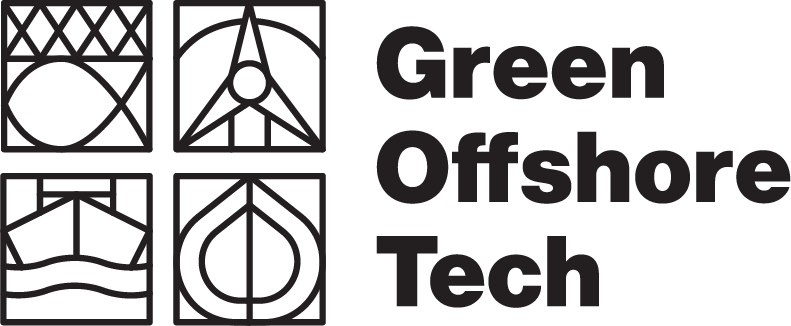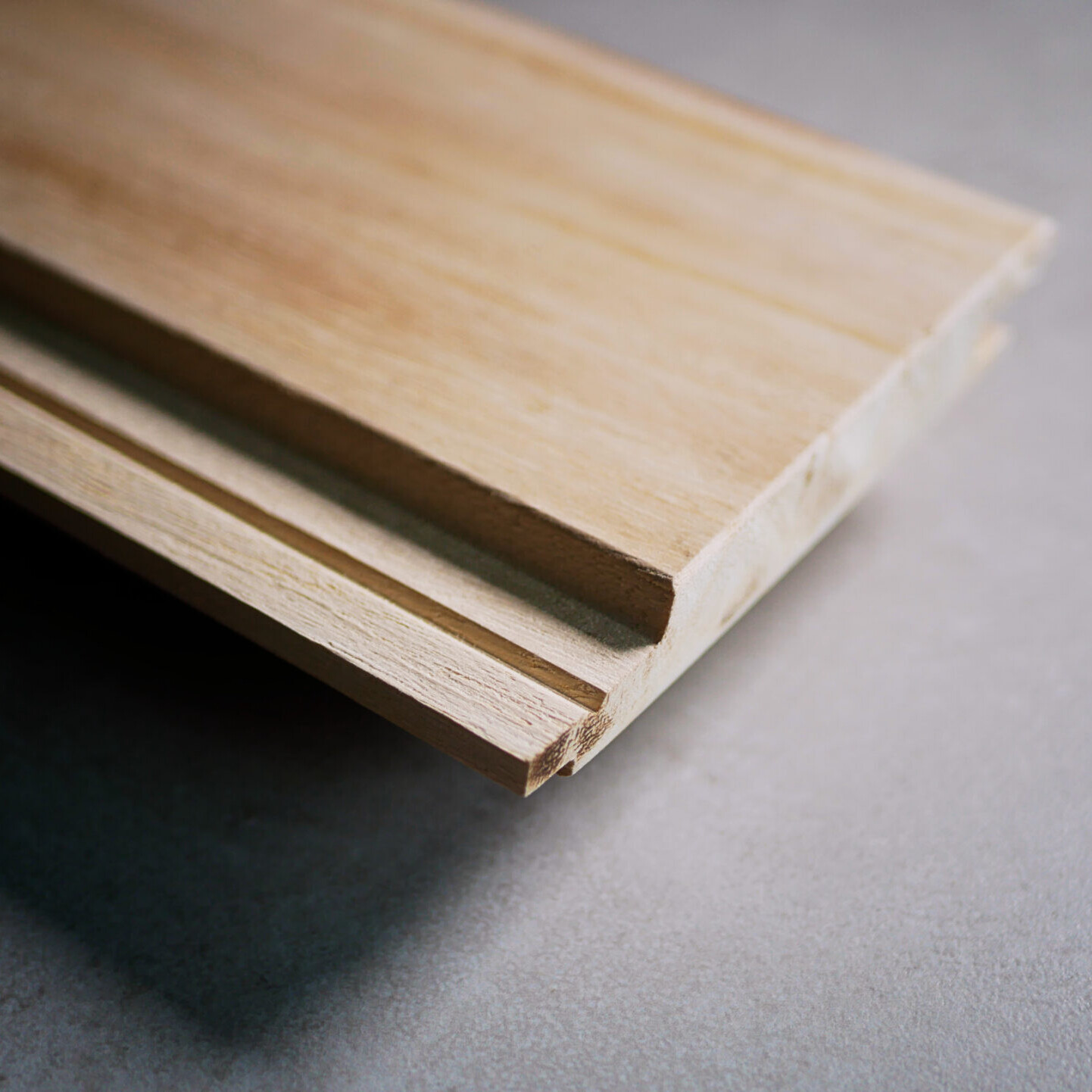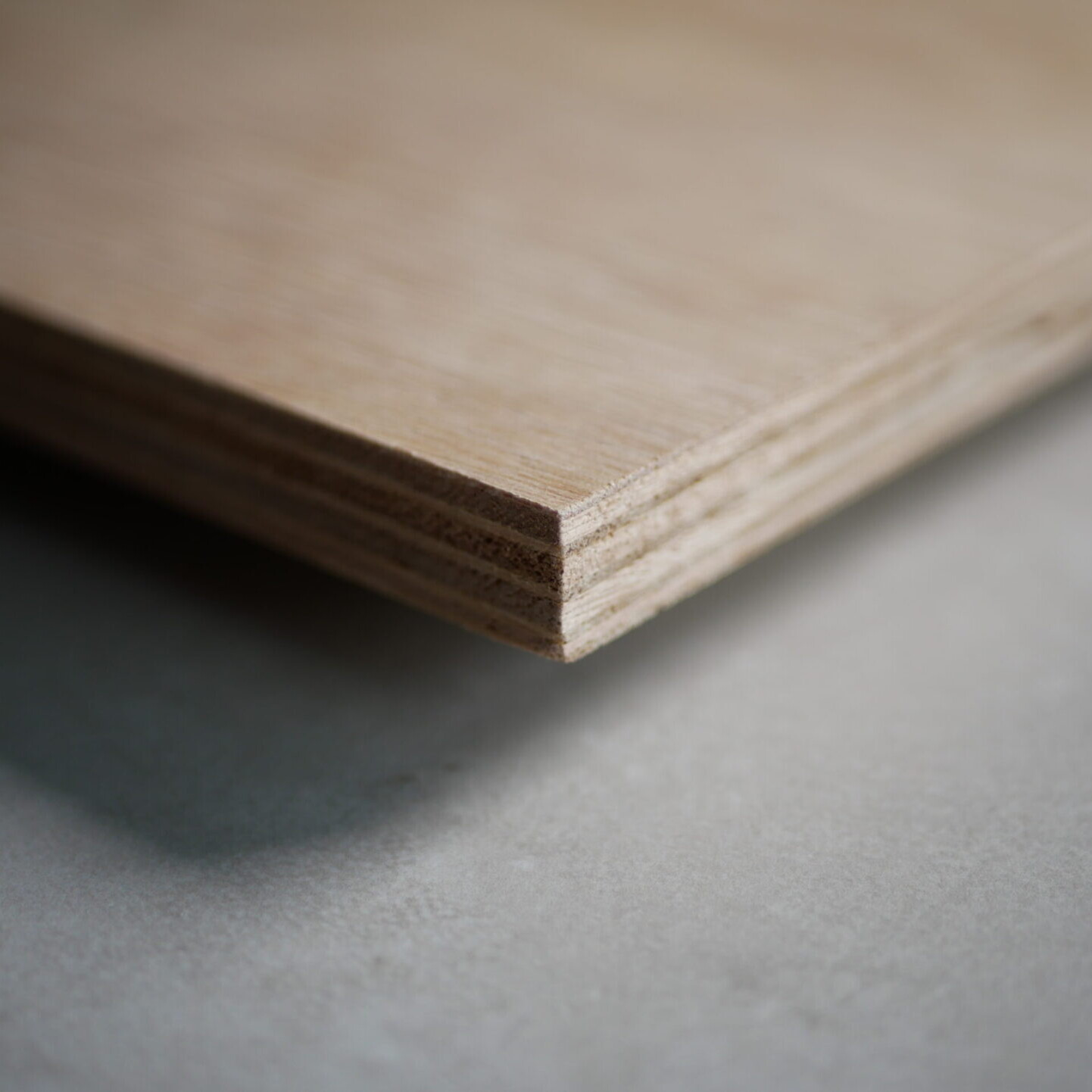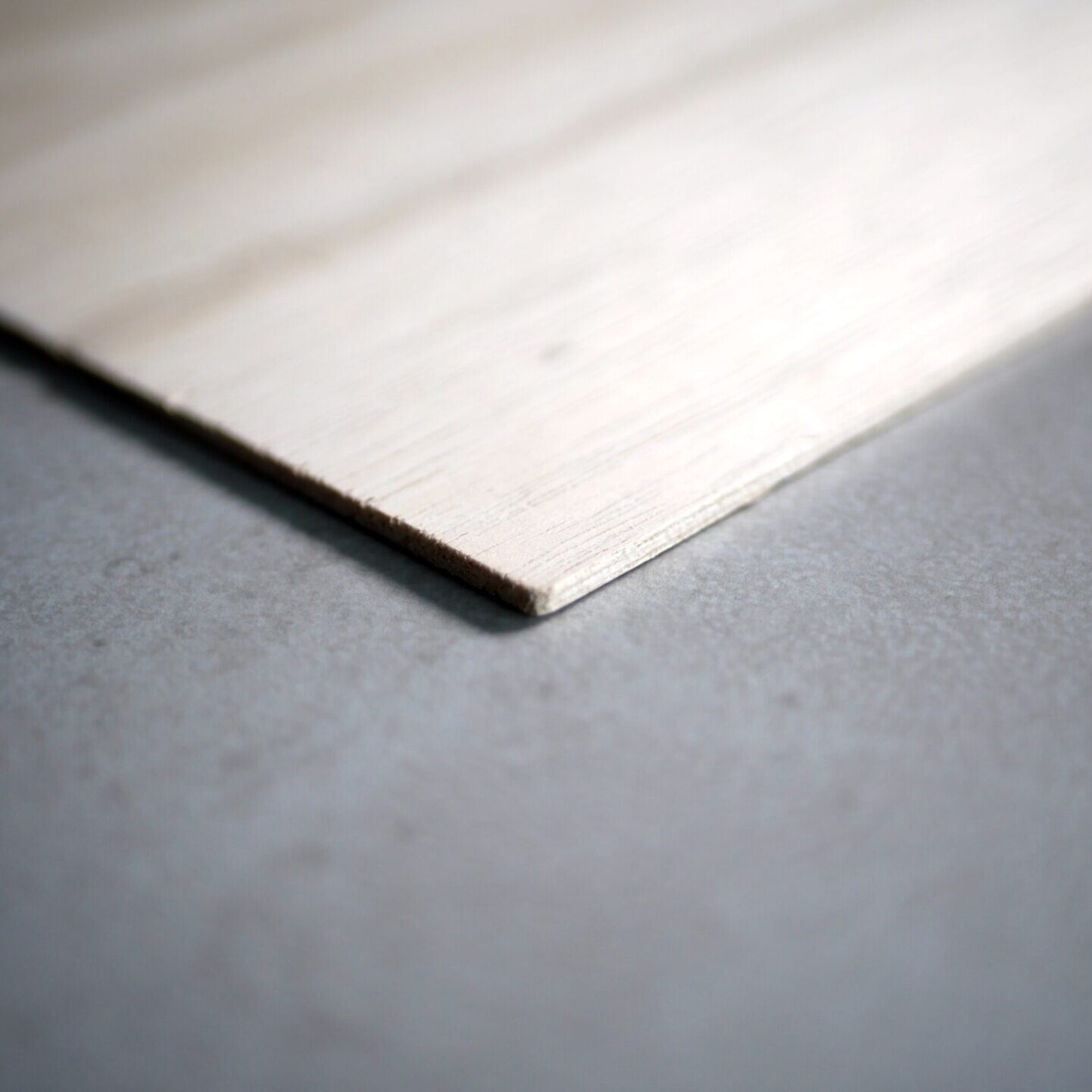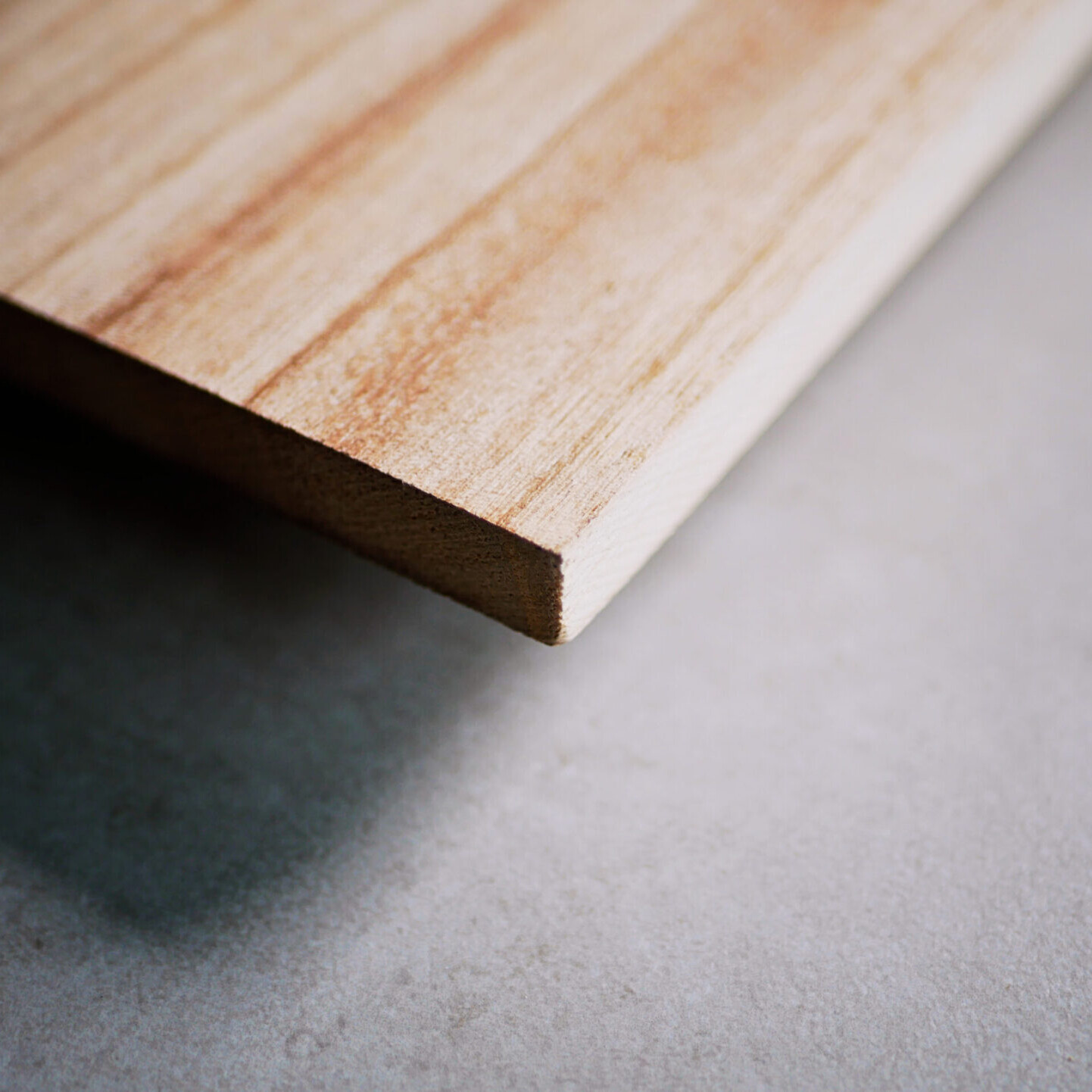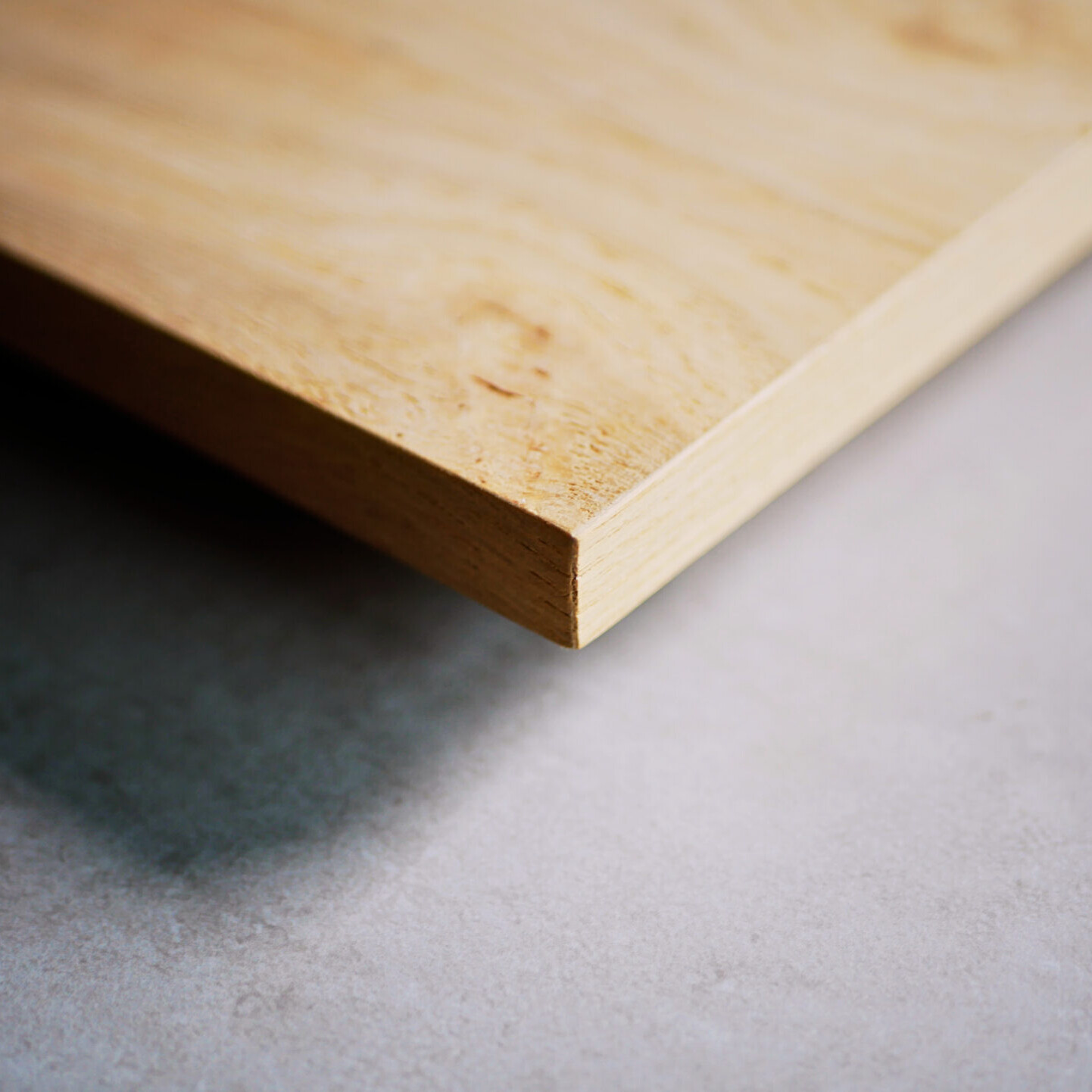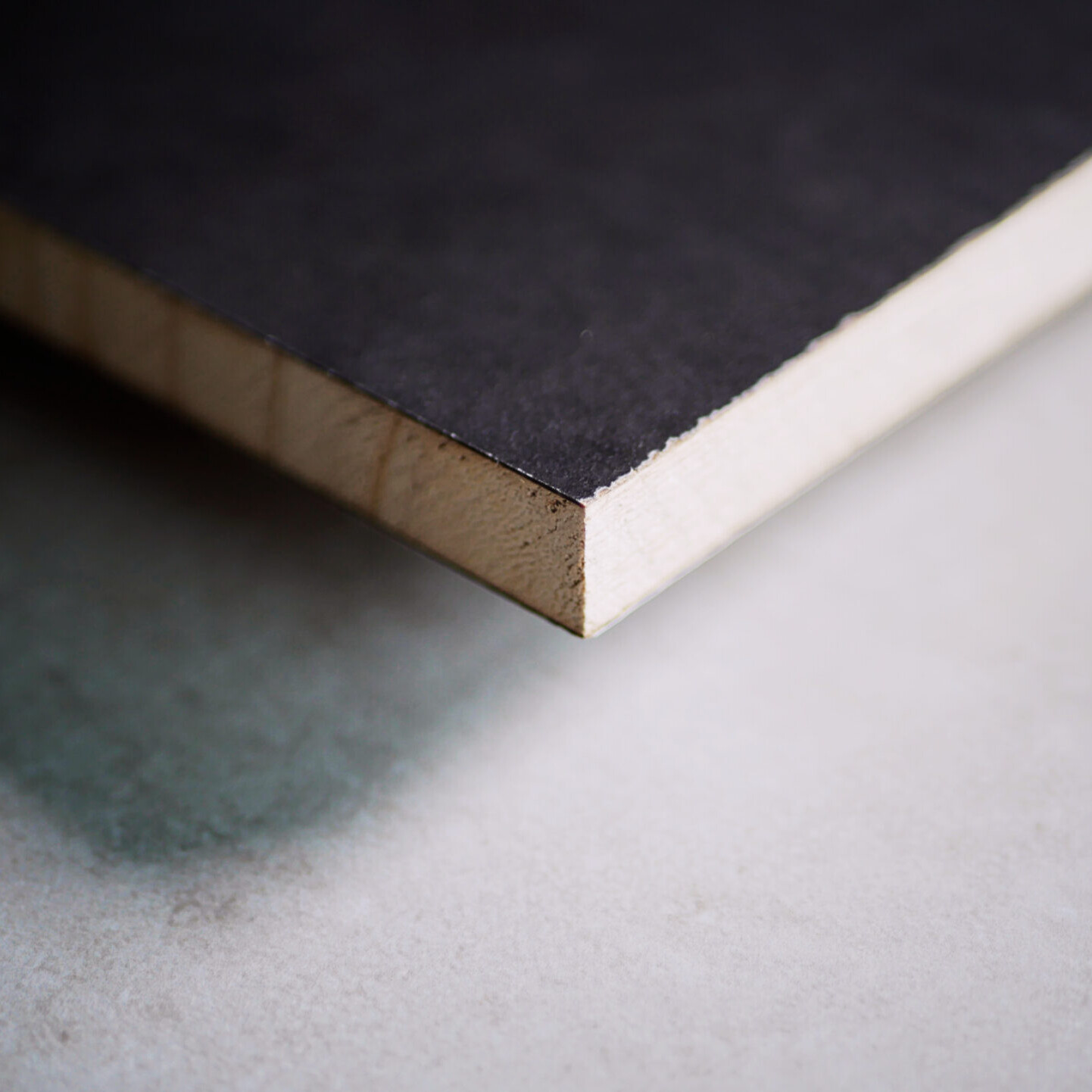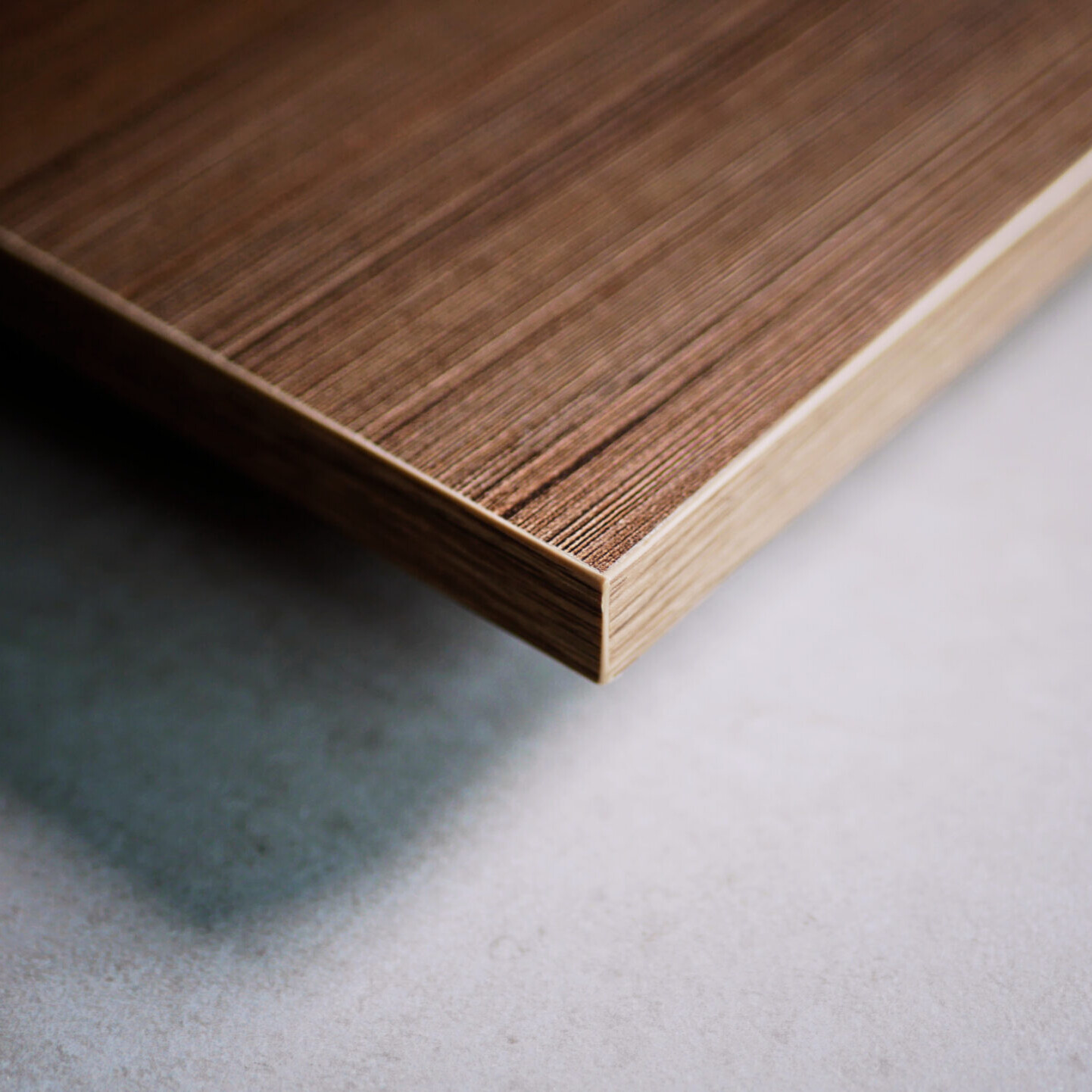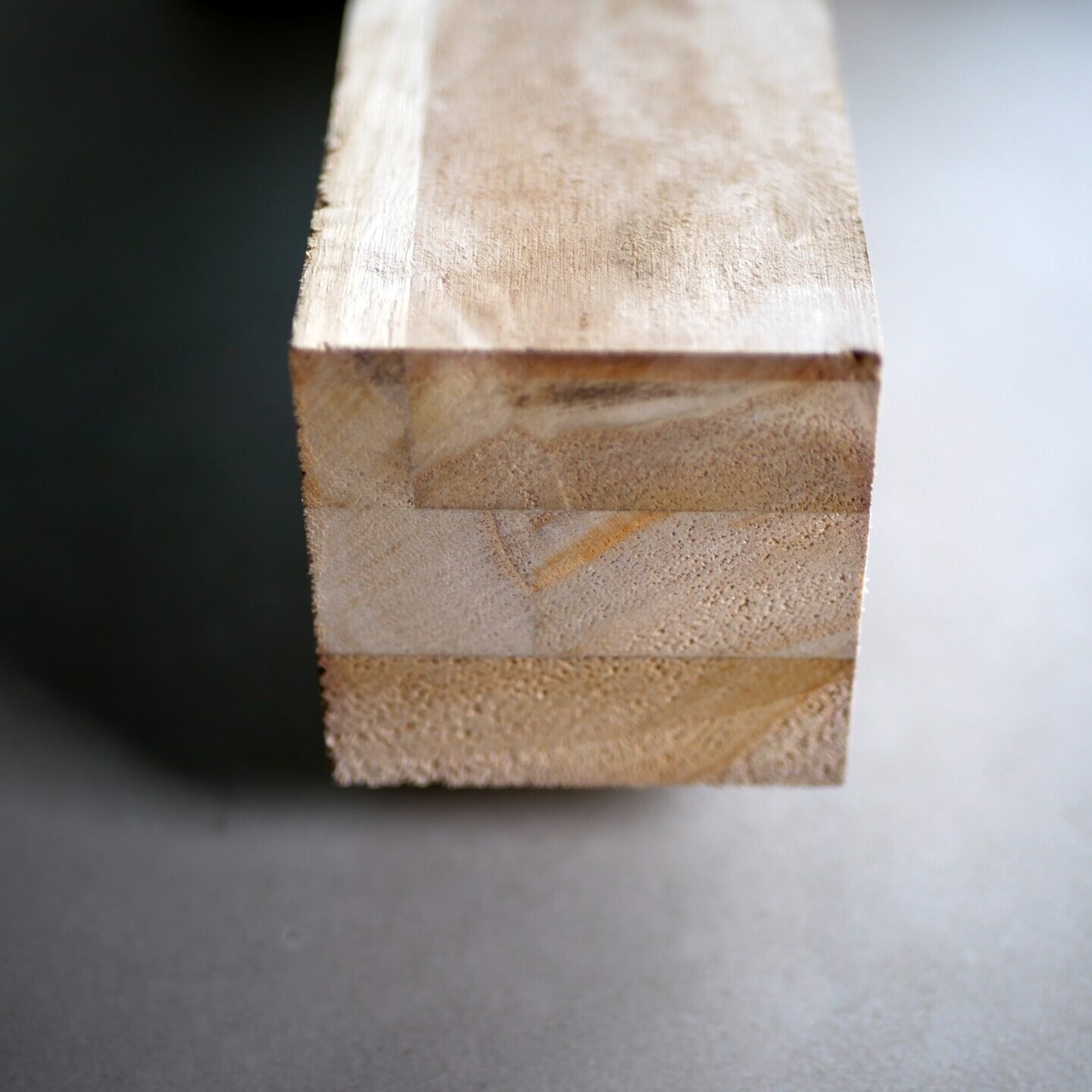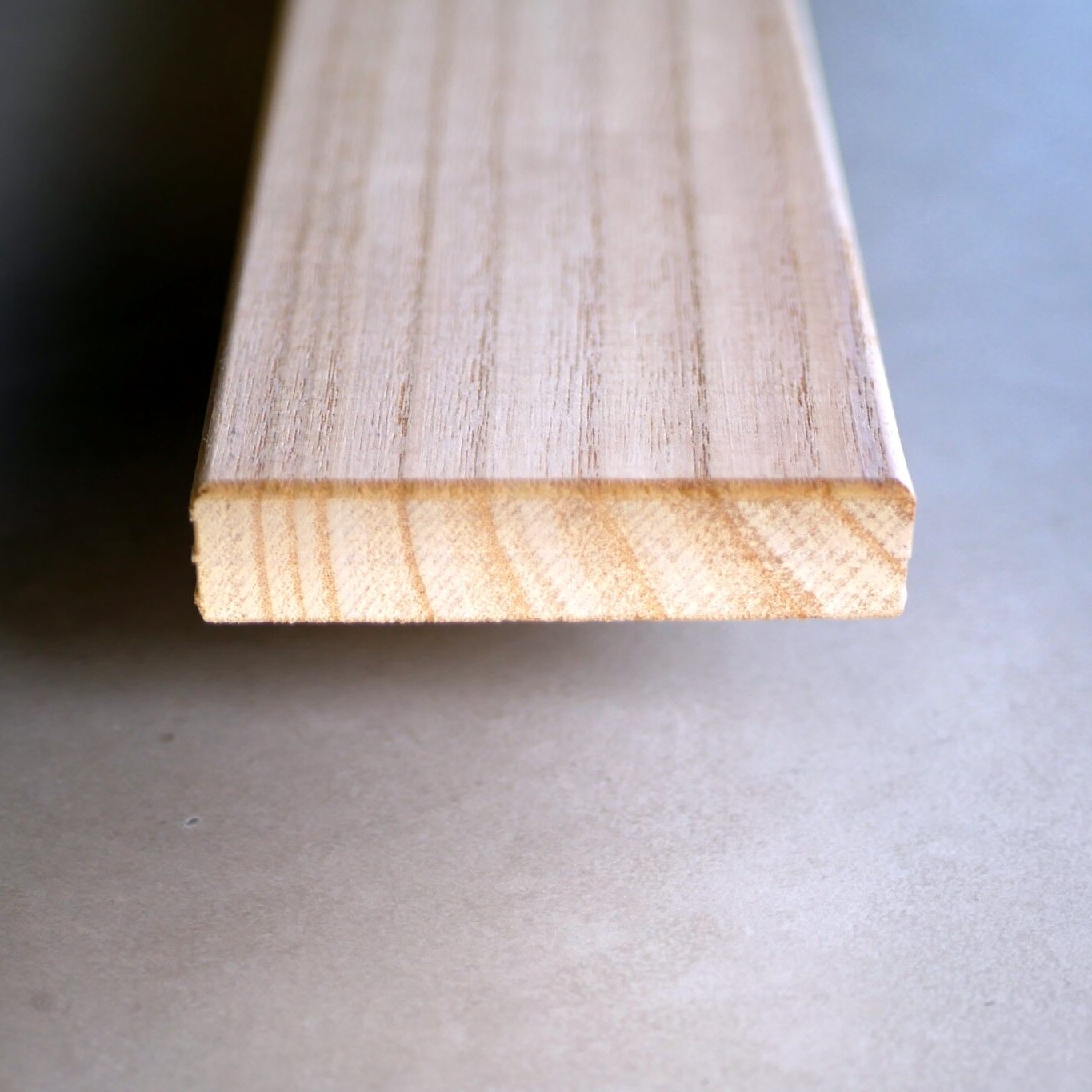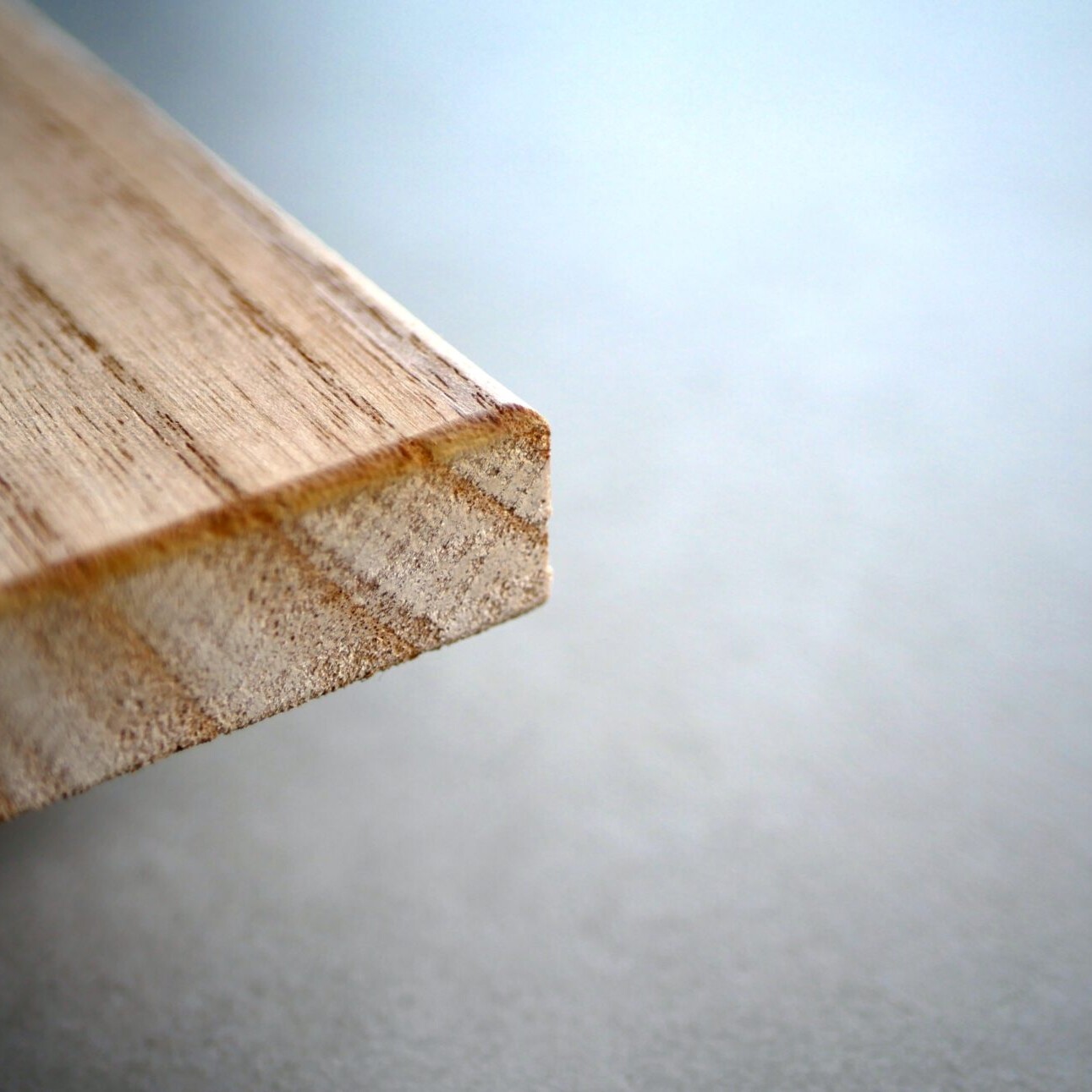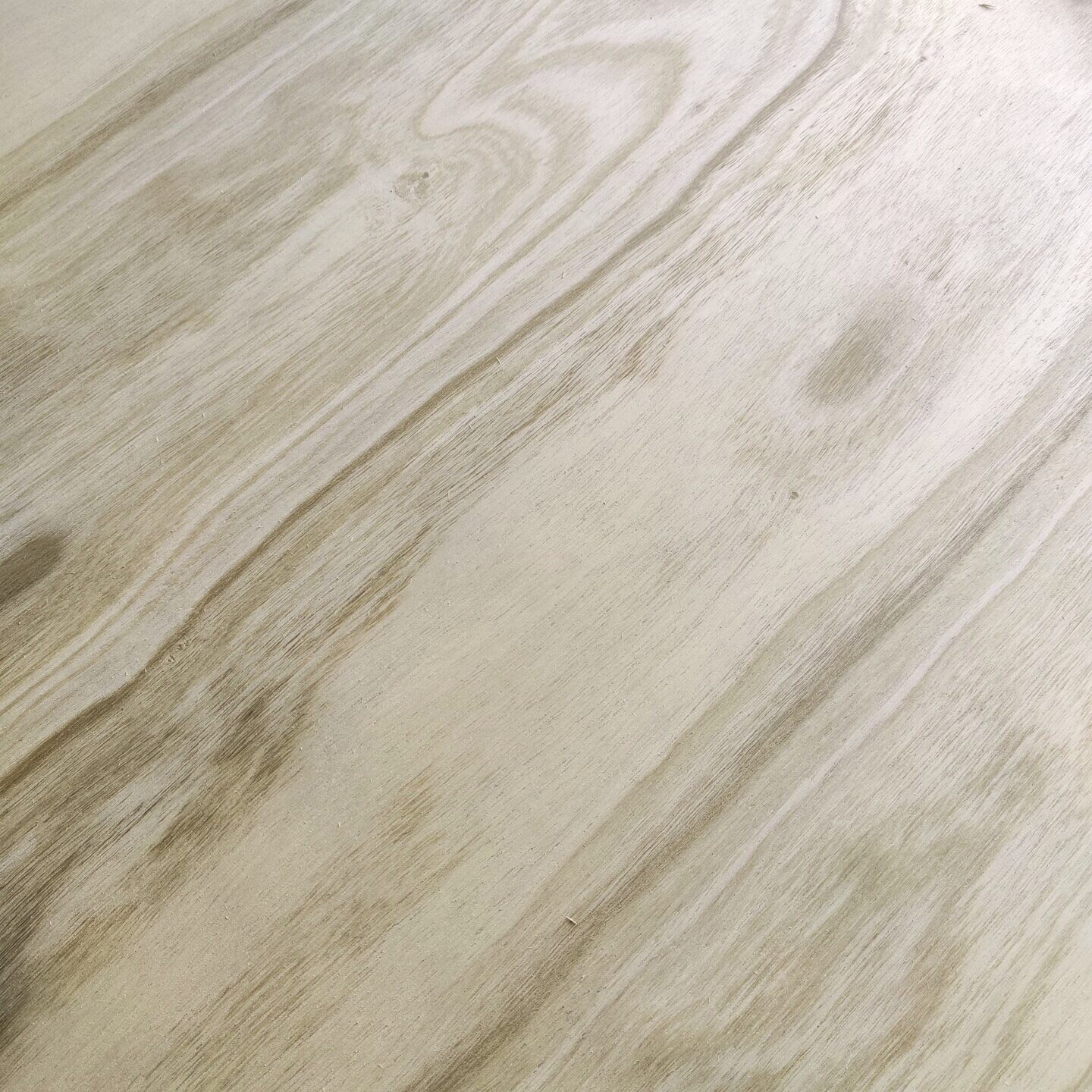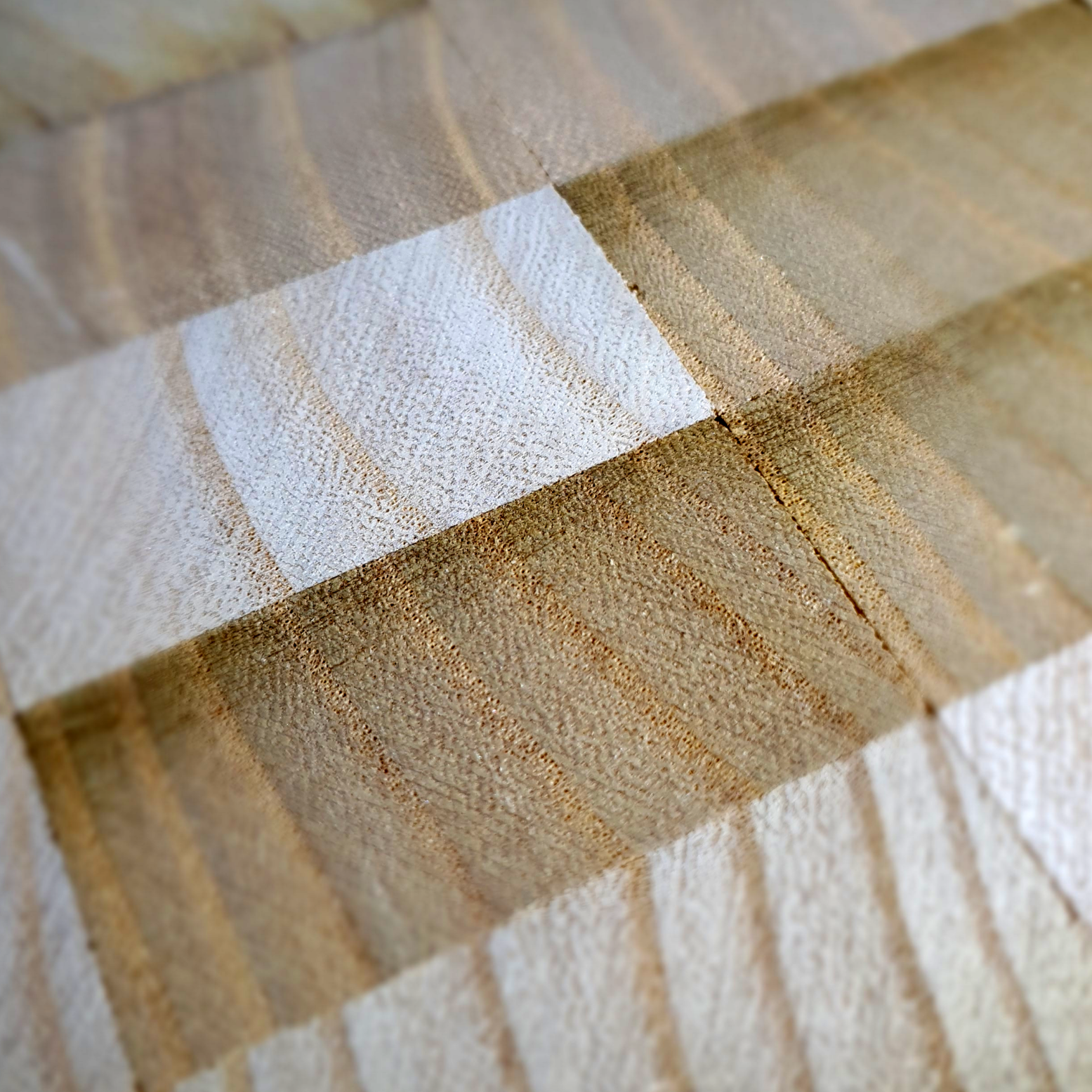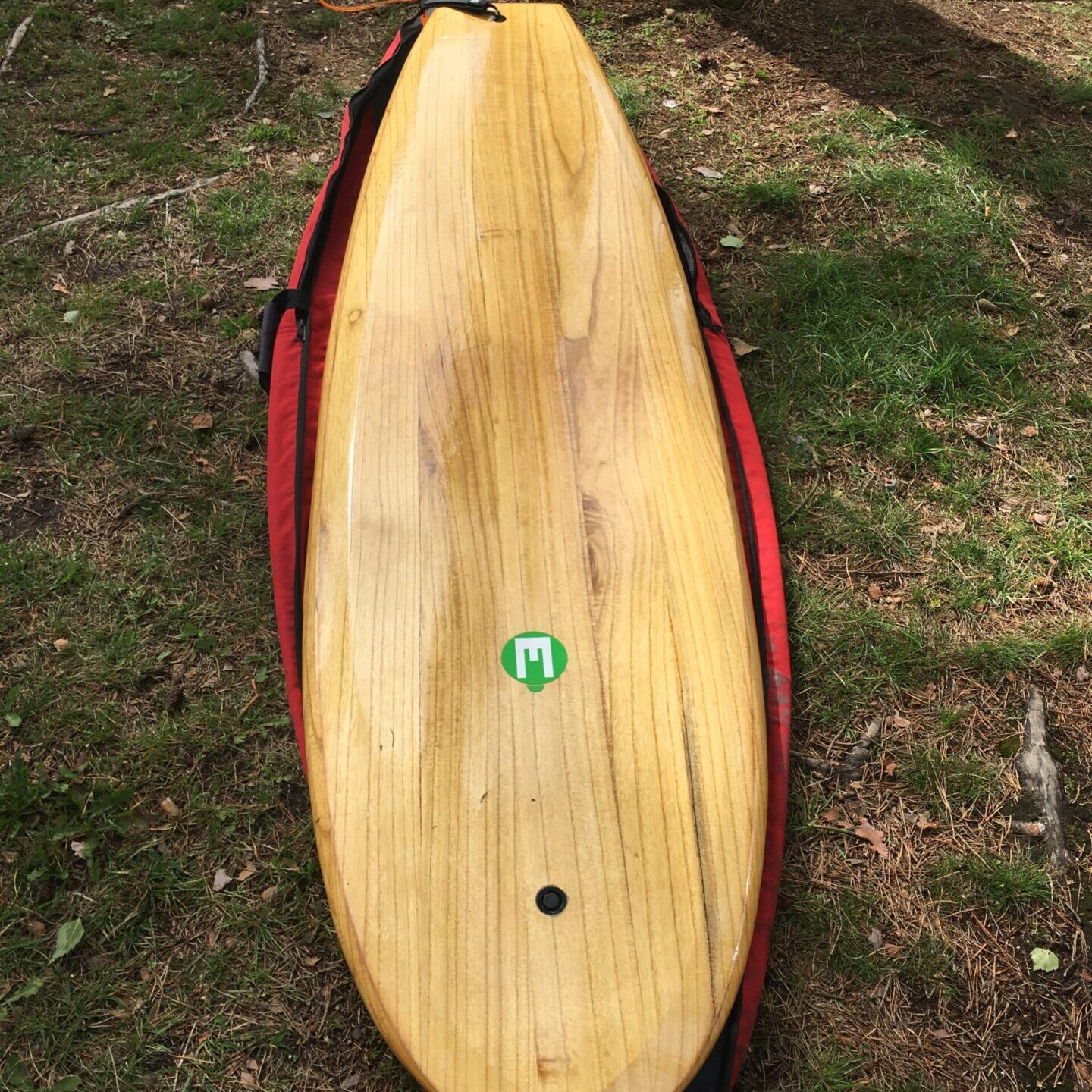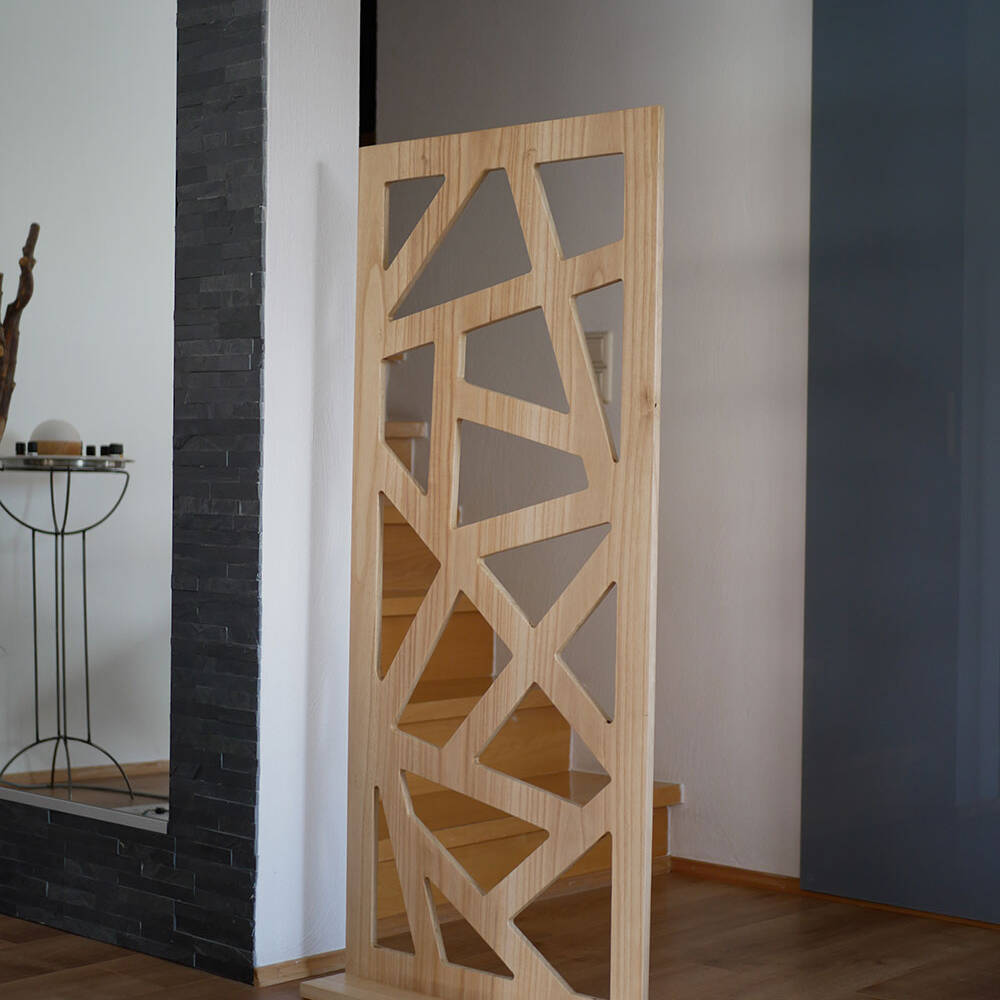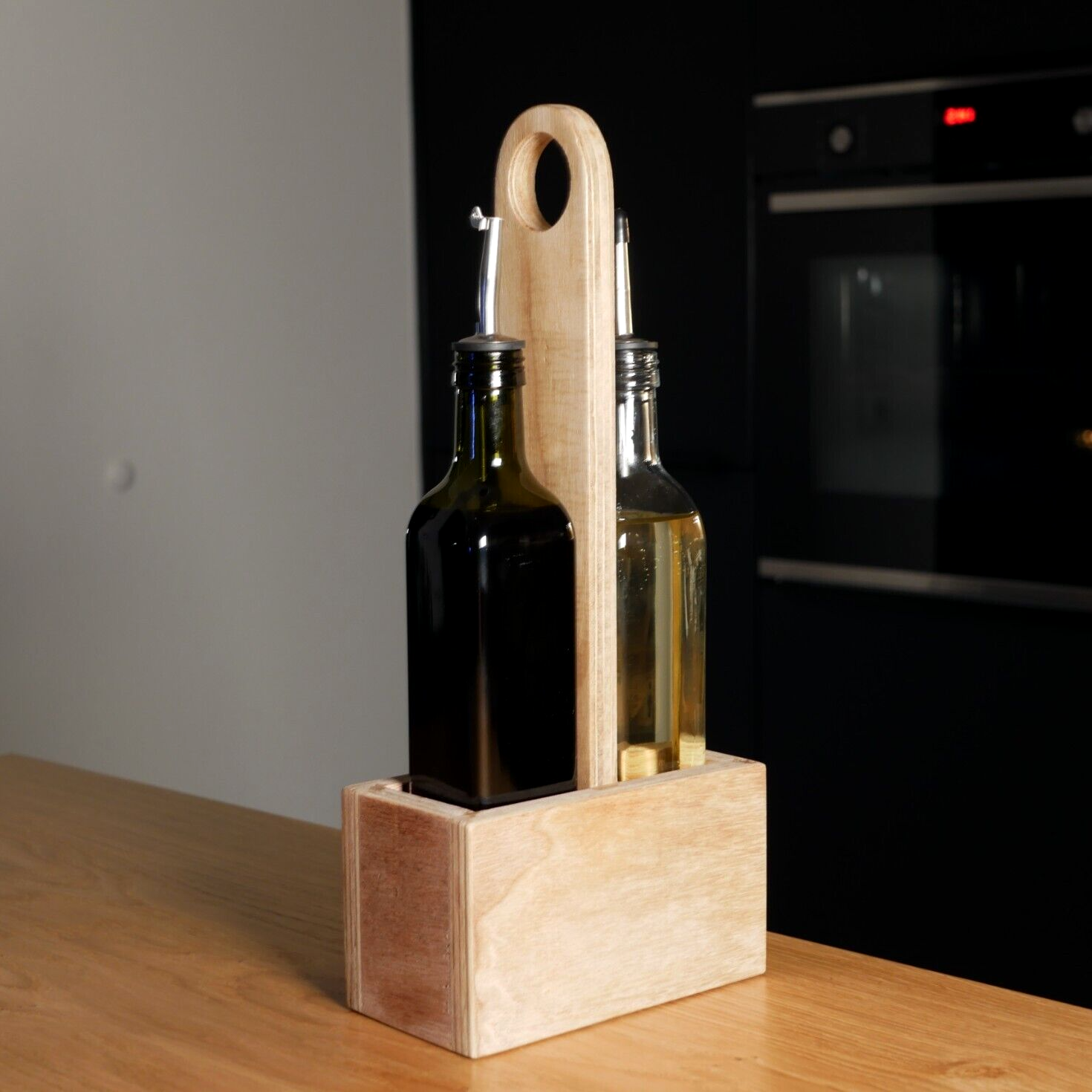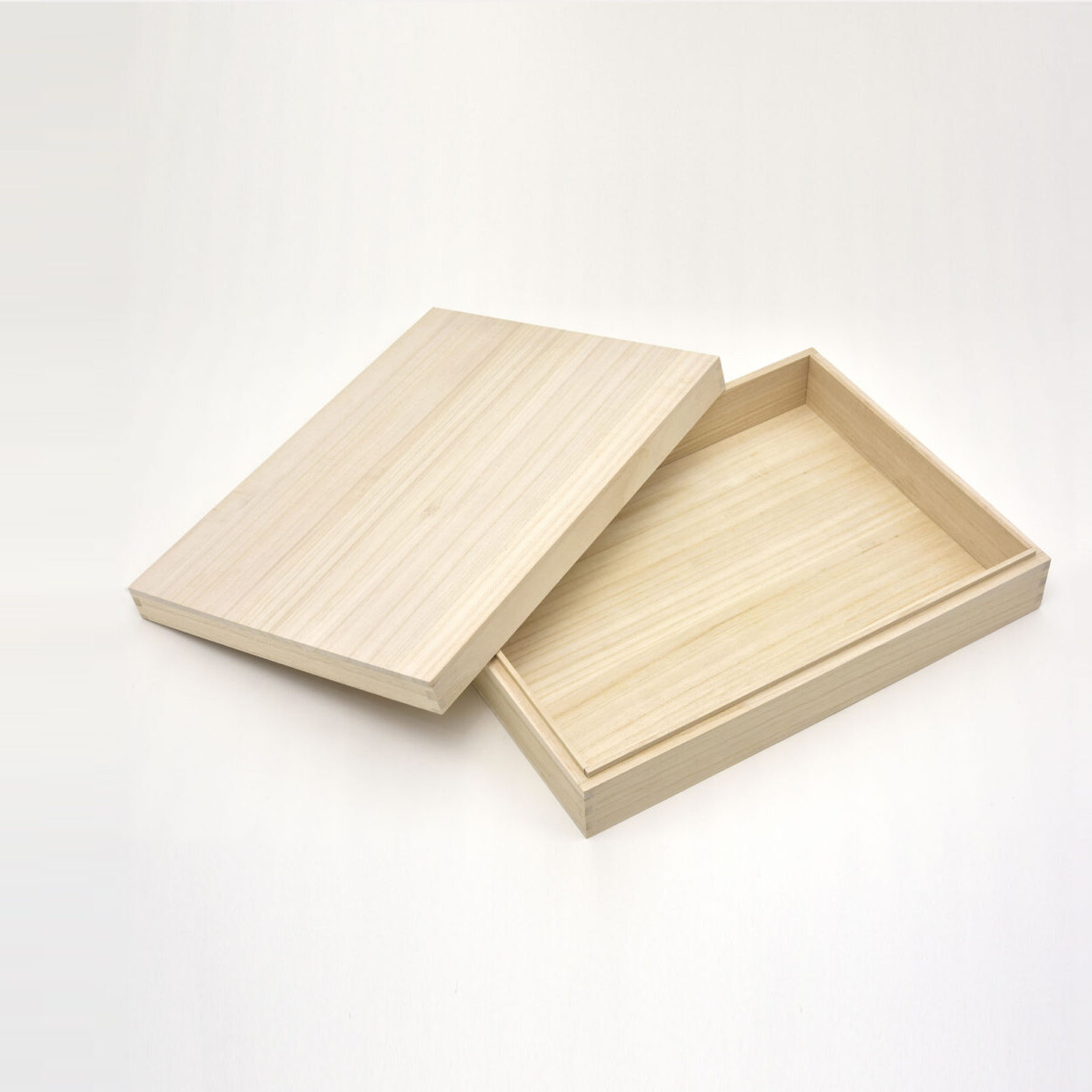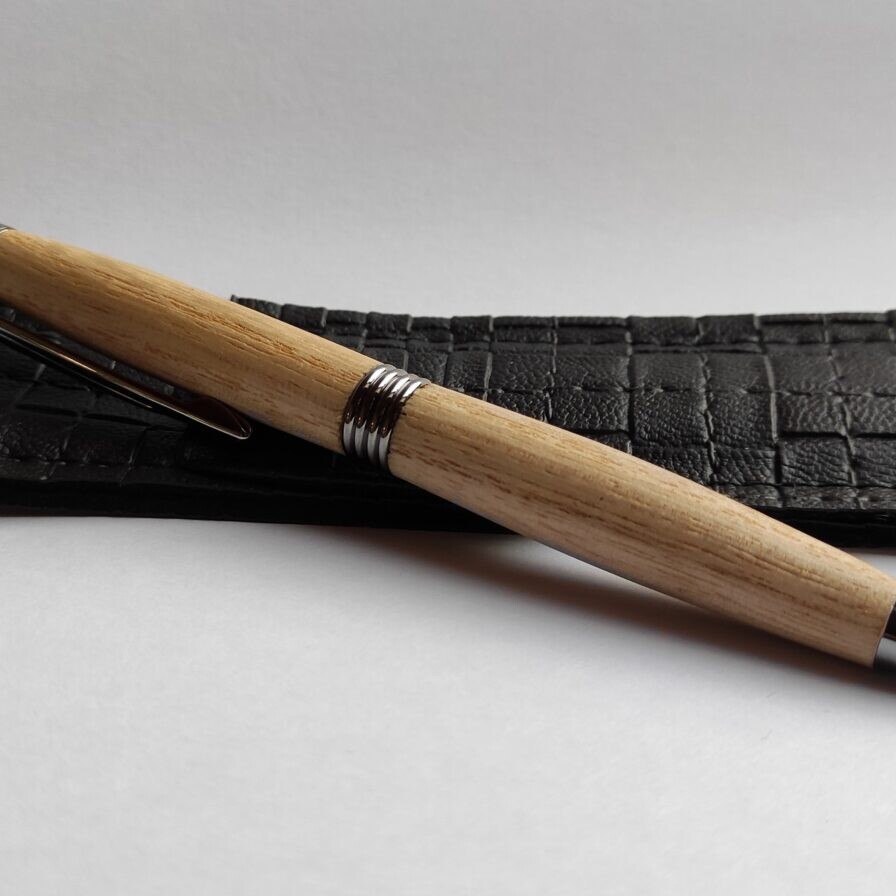Discover our products
CO2 certificates
To our gallery
The second lightest wood after Balsa
The Kiri tree, with its scientific name Paulownia, also known as Princess tree, is one of the fastest growing trees in the world. One of its most characteristic features is the extraordinary lightness of the wood.
flexible
Paulownia wood is characterized by its exceptional flexibility, which makes it an ideal material for many applications. Thanks to its flexibility, it can be easily shaped and bent without the risk of cracking or damage.
durable and weather-resistant
Kiri / Paulownia wood is characterized by its high strength despite its lightness. It is resistant to deformation, cracking and mechanical damage, which makes it durable and reliable. It is also very weatherproof and resistant to moisture, which is why it has been used for decades in shipbuilding or in the manufacture of surfboards, for example.
What is Kiri / Paulownia wood?
Kiri or Paulownia is native to Asia, mainly China, Japan and Korea. It is a deciduous tree that grows very quickly and can reach an impressive size in a short time. It is valued in both traditional and modern gardens as well as in reforestation and soil conservation. Due to its ability to grow quickly and improve soil quality, Kiri / Paulownia is often planted to rehabilitate damaged areas.
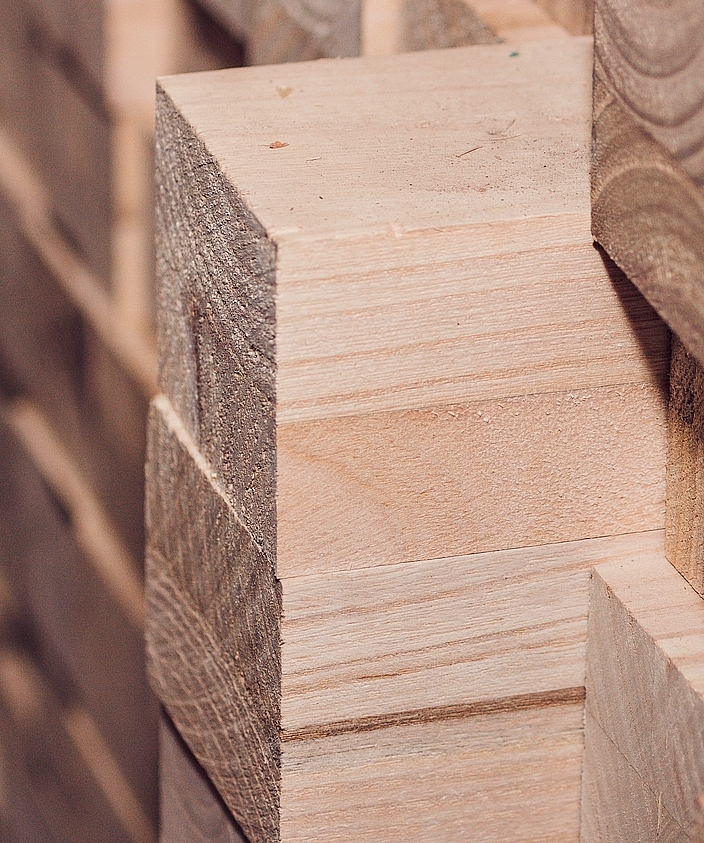

Vanlife
Thanks to its exceptional lightness, it is ideal for motorhomes. It is ideal for interior finishing and can be laminated and veneered to create cozy and functional spaces, making it ideal for travel enthusiasts.

Surfing
It is ideal for making surfboards and is characterized by its lightness and exceptional stability, making it an excellent choice for surfing enthusiasts.
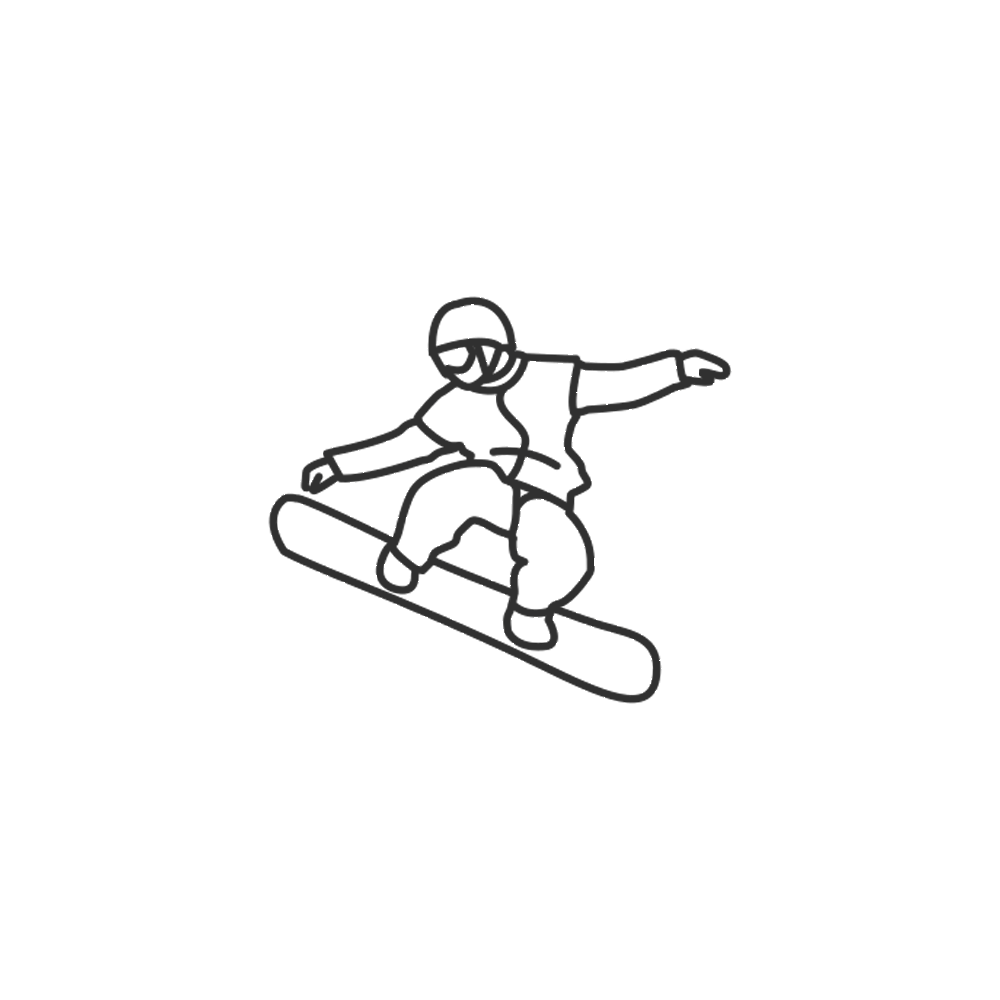
Winter sports
The wood is ideal for making skis and snowboards as it is not only lightweight but also offers exceptional responsiveness and stability on the slopes. This allows winter sports enthusiasts to enjoy outstanding performance and comfort during their adventures in the snow.
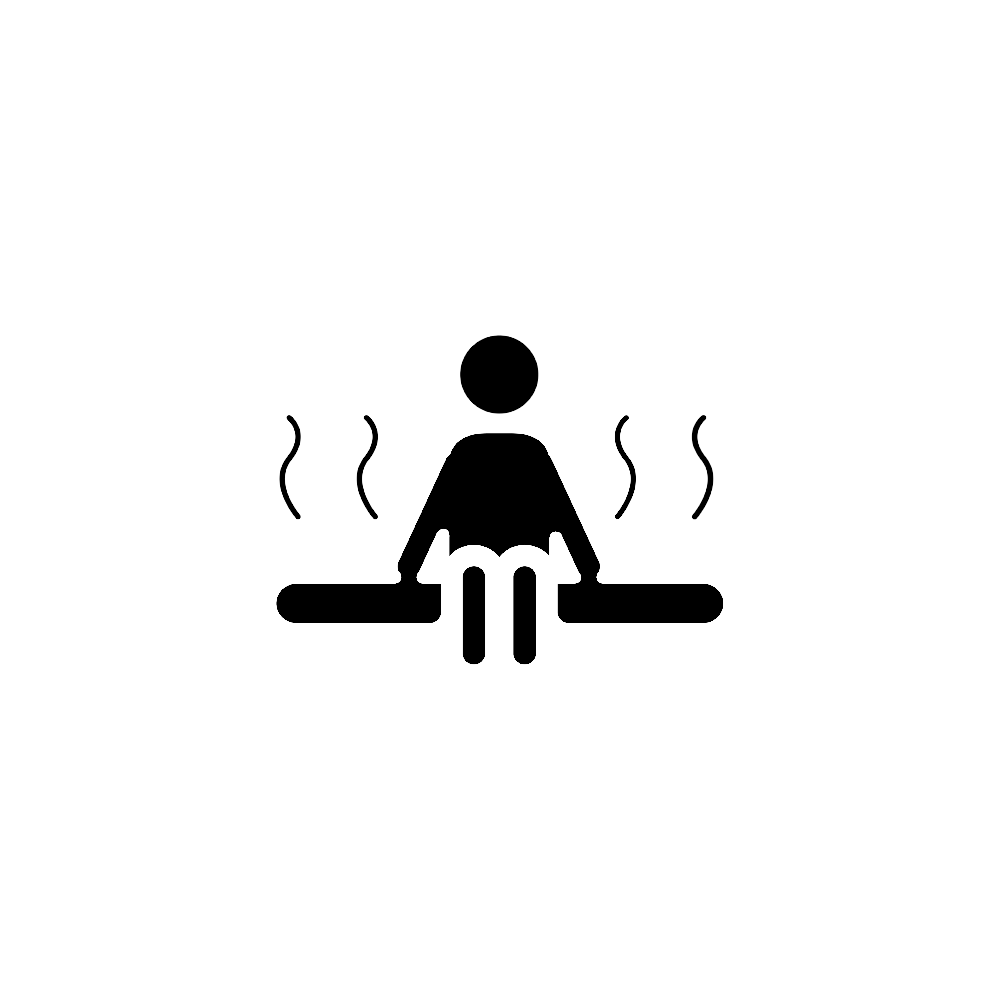
Saunas
Thanks to its low thermal conductivity, the wood is ideal for saunas and log cabins and offers a unique relaxation experience. Its resistance to weathering makes it the ideal material for creating aesthetically pleasing places for relaxation and regeneration.
| Density by volume (at 12%-15% moisture content) | 268 kg/m³ DIN 52182 |
|---|---|
| Density of the wood in completely dry condition (0%) | 253 kg/m³ DIN 52182 |
| Moisture content (at 20/65) | 13,4% EN 13183-1 |
| Shrinkage in longitudinal direction | 0,12% |
| Shrinkage in the tangential direction | 0,22% |
| Shrinkage (vol.) | 0,327% |
| Drying shrinkage (rad.) | 0,69% DIN 52184 |
| Thermal resistance coefficient | 0,09 W/mK |
| Bending strength | 42,47 N/mm² [MPa] DIN 52186 D40* |
| Modulus of elasticity under static bending | 5033 N/mm² [MPa] DIN 52186 |
| Tensile strength along fibres | 43 N/mm² [MPa] DIN 52186 D70* |
| Compressive strength along fibres | 23,42 N/mm² [MPa] DIN 52186 D30* |
| Resistance to dynamic loads | 2,2 Nm/cm² DIN 52189 |
| Brinell hardness - transverse | 7,22 N/mm² [MPa] DIN 1534 |
| Brinell hardness - tangent | 7,33 N/mm² [MPa] DIN 1534 |
| Brinell hardness - longitudinal | 23,50 N/mm² [MPa] DIN 1534 |
| Bolt pull-out resistance - transverse | 511 N EN 320 |
| Bolt pull-out resistance - tangential | 544 N EN 320 |
| Bolt pull-out resistance - longitudinal | 509 N EN 320 |
| Crack assessment after 3 months (ISO 4628-4) | Ilość pęknięć 0, szerokość pęknięć 0, brak widocznych klinów i odkształceń |
| Flashpoint | 420°C |
| Fire rating | B – s1, d0 EN 13501-1 |
| Durability | 2 – 3 EN 350-2 |
| Classification of Paulownia | Multiplex F20/E40 EN 636 |
Kiri / Paulownia wood can be used for many different creative ideas. The wood or the glulam and plywood panels made from it can be laminated and veneered to make very lightweight furniture. It can also be used as a profile for exterior cladding. In principle, there are no limits to the wood, as it can replace many currently used types of wood. Kiri / Paulownia plywood, for example, can replace Poplar plywood, which is much more difficult to work with, and Kiri / Paulownia plywood is not much more expensive.
lightweight
The density of the wood is around 270 kg/m³, making it one of the lightest types of wood on the market.
Flexible
The flexibility of the wood makes it easy to shape and bend without the risk of cracking or damage.
durable
Resistance to warping, cracking and mechanical damage ensures durability and reliability.
resistant
The natural hydrophobic properties make Paulownia wood less susceptible to moisture and rot.

This SME Innovation Project has received cascade funding from the European Union’s Horizon 2020 research and innovation programme under the GreenOffshoreTech project and Grant Agreement No 101005541.
